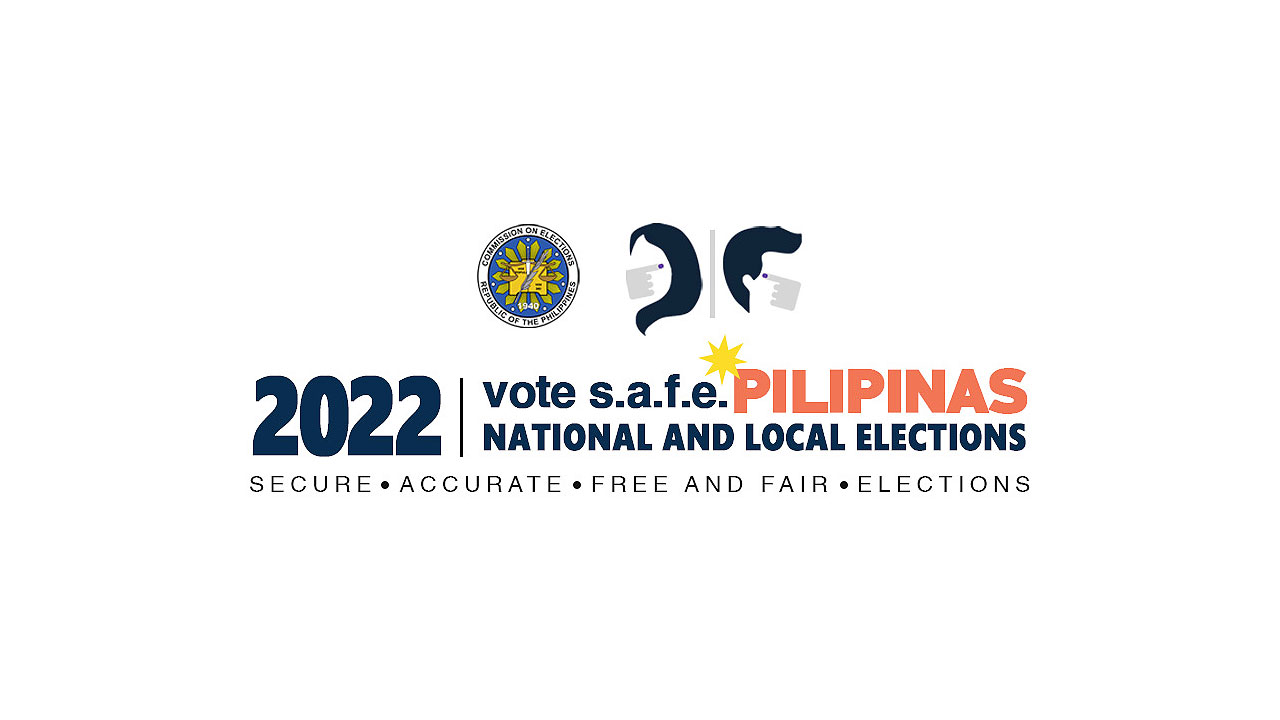Vote buying incidents may now be reported through Comelec’s social media accounts

VOTE BUYING, the act of giving money or other forms of valuable goods in exchange for guaranteed support on election day, may now be reported through social media platforms, the Commission on Elections (Comelec) said on Tuesday as the official campaign period started for national candidates.
Comelec Spokesman James B. Jimenez, however, stressed that the public’s responsibility does not stop at merely reporting the vote buying incident — and/or selling, which means acceptance of the bribe.
“If you see vote-buying, you should document the vote-buying activity, file a formal complaint, and pursue the case to the end,” Mr. Jimenez said in a tweet on Tuesday.
He also said that simply posting pictures of campaign materials with stapled money does not count as a formal complaint.
Formal reports of election violations may be coursed through Comelec’s social media accounts using the #SumbongKo tag, Mr. Jimenez said in a press briefing on Tuesday.
Giving out food assistance or anything of value is also prohibited, Comelec Director Elaiza S. Sabile-David said in a radio interview over DZBB on Tuesday.
E-WALLET
Mr. Jimenez also said that Comelec is planning to address the possible use of electronic-wallet services for vote-buying.
“We haven’t made any concrete agreements with these e-wallet services, but we’re trying to get something down,” he said.
He added that it is difficult to prove someone’s use of an e-wallet service for criminal purposes like vote buying.
Vote buying or selling is illegal under the Omnibus Election Code. Those found guilty face penalties of imprisonment for one to six years, disqualification from public office, and forfeiture of one’s right to vote.
A political party found guilty faces a fine of at least P10,000.
Mr. Jimenez also reminded candidates and supporters that
campaign materials have to comply with Comelec rules such as using designated public areas for posters and a maximum size of two-by-three feet.
Meanwhile, the poll body has printed 17.5 million ballots as of Monday for the May 9 polls, data from Comelec showed.
This total includes about 60,000 local absentee ballots, 79,080 overseas manual ballots, 2.6 million ballots for the Bangsamoro Autonomous Region in Muslim Mindanao, and 1.6 million overseas automated elections system ballots.
Comelec is set to print 67.4 million ballots, including 65.7 million for voters nationwide and 1.7 million for overseas voters, according to Comelec Deputy Executive Director Helen C. Aguila Flores. — John Victor D. Ordoñez



